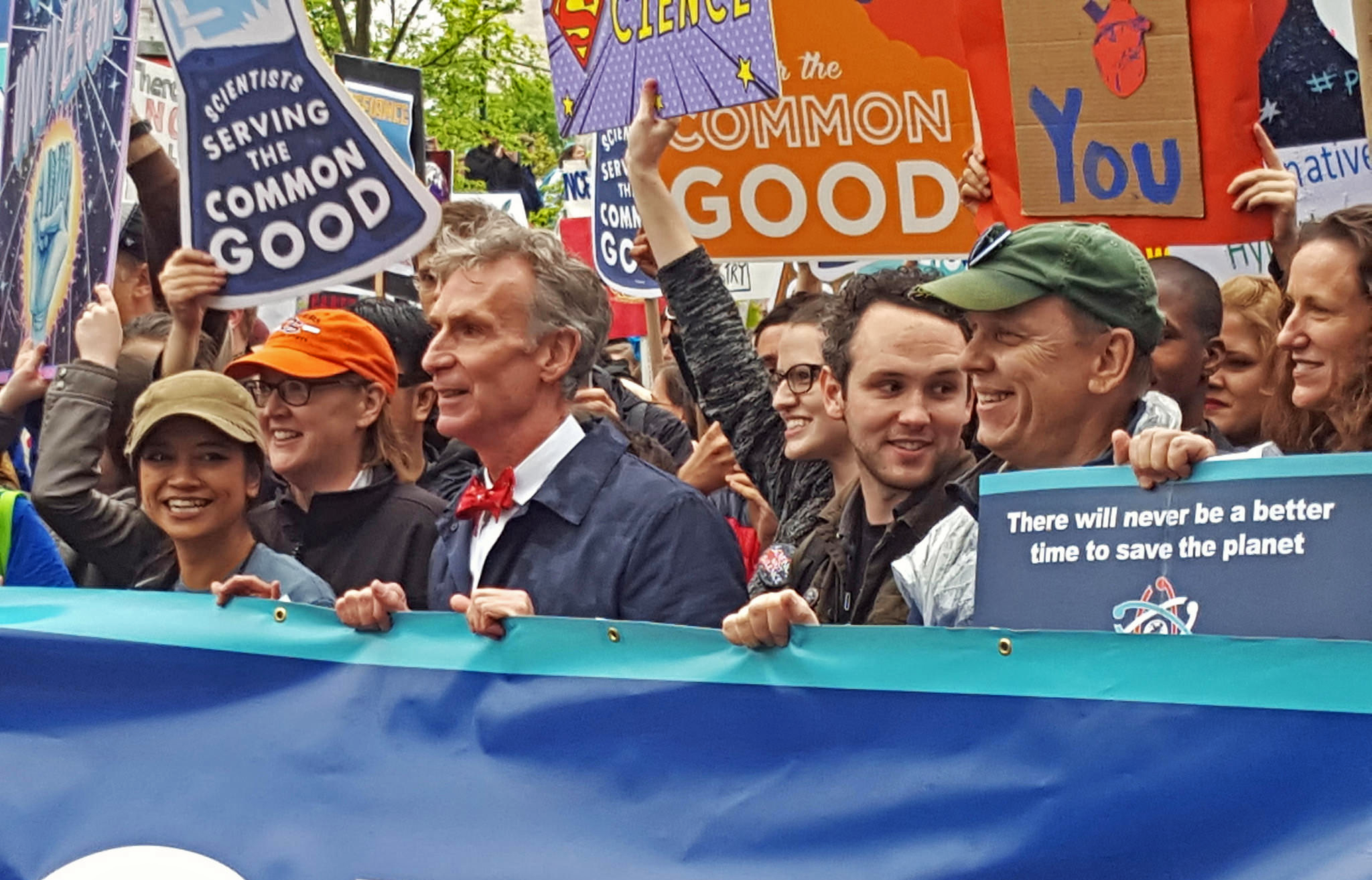“Bill Nye Saves the World,” debuted on Netflix last week. “With the right science and good writing, we’ll do our best to enlighten and entertain our audience,” Nye said. “And, perhaps we’ll change the world a little.”
But as researchers from the Annenberg Public Policy Center (APPC) write in The Conversation, “are more facts really the kryptonite that will rein in what some suggest is a rapidly spreading ‘anti-science’ sentiment in the U.S.?”

Led by APPC postdoctoral fellow Heather Akin, the researchers say that what deserves to be successful isn’t always what ends up swaying opinion. “In fact,” they write, “empirical data we collected suggest that the viewership of such shows — even heavily publicized and celebrity-endorsed ones — is small and made up of people who are already highly educated, knowledgeable about science and receptive to scientific evidence.”
In their article, Akin and the other authors look at the 2014 reboot of Carl Sagan’s “Cosmos” series, starring Neil deGrasse Tyson, which failed to reach a broad audience and “preach beyond the proverbial choir.” And yet, the authors suggest, there’s vast potential for the entertainment media to reach a diverse audience. In fact, they say, complex information can get through to audiences even from unlikely sources such as “The Colbert Report,” the satirical show that did a better job of educating viewers about campaign finance during the 2012 election cycle than the mainstream media, according to an APPC study.
In addition to Akin, the article was written by APPC distinguished research fellow Bruce W. Hardy, who is an assistant professor at Temple University, and former APPC visiting scholars Dietram A. Scheufele and Dominique Brossard, both at the University of Wisconsin-Madison.
Read the full article in The Conversation.


